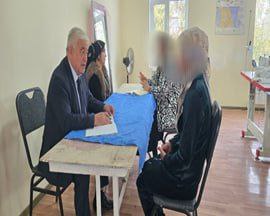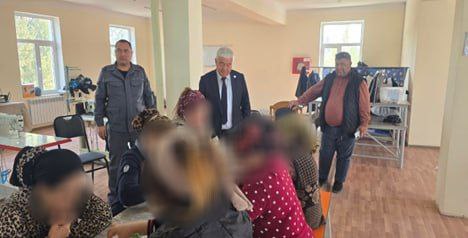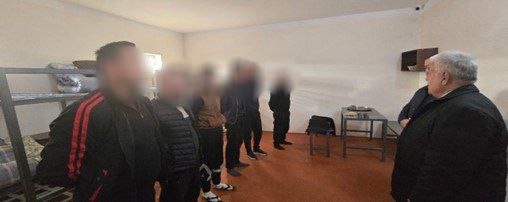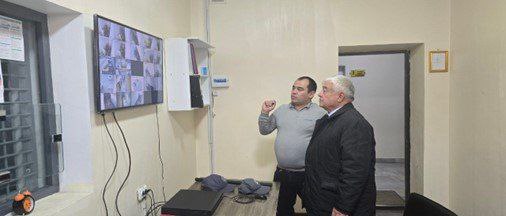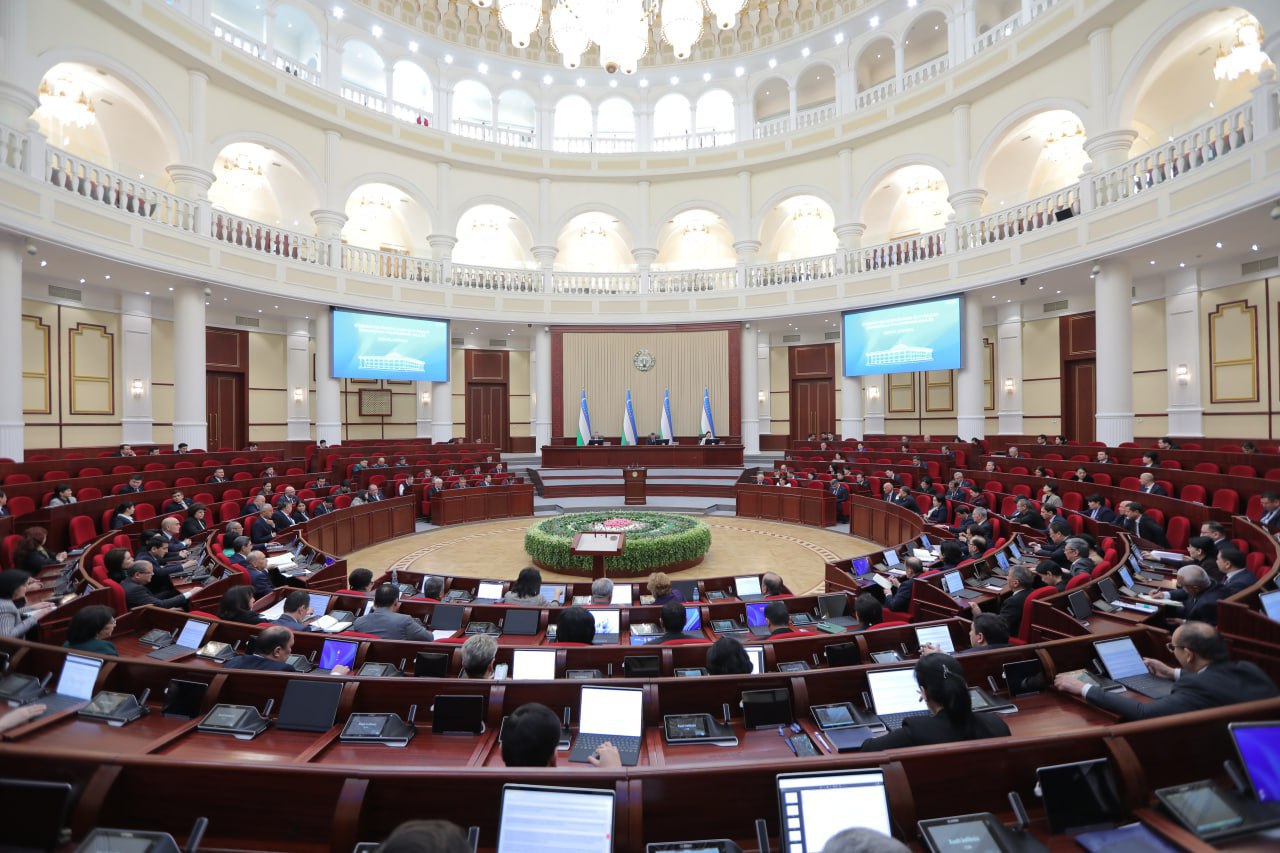During the monitoring, particular attention was paid to conditions in dormitories, washing rooms, the canteen, medical units, food and medicine storage rooms, libraries, sports halls, hobby rooms, cultural facilities, telephone access, long- and short-term meeting rooms, search rooms, walking yards, and rooms assigned to investigators and lawyers, as well as the condition of CCTV cameras installed throughout the premises.
Several shortcomings were identified. In particular, although an artificial ventilation system had been installed in the Temporary Detention Facility, it was not functioning due to the absence of an electric generator. It was also found that cameras lacked necessary equipment and that radio broadcasting devices had not been installed.
At Psychiatric Hospital No. 2, it was noted that, following recommendations by the Ombudsman’s Regional Representative, the washing rooms had been repaired. Although the hospital is designed for 200 patients, 238 individuals were receiving treatment. However, the outsourced service provider continued to receive orders for only 200 patients. Furthermore, the daily meat allocation per patient is 120 grams, meaning 24 kg should be supplied for 200 patients, but in practice only 14 kg of meat was used for meal preparation.
During the monitoring visit to Penal Colony No. 41, the Regional Representative also held an outreach reception, during which around 10 inmates submitted appeals.
Based on the monitoring results, the Ombudsman will submit official documents in the form of response measures to the relevant ministries and agencies.
Press Service of the Human Rights Commissioner (Ombudsman) of the Oliy Majlis













